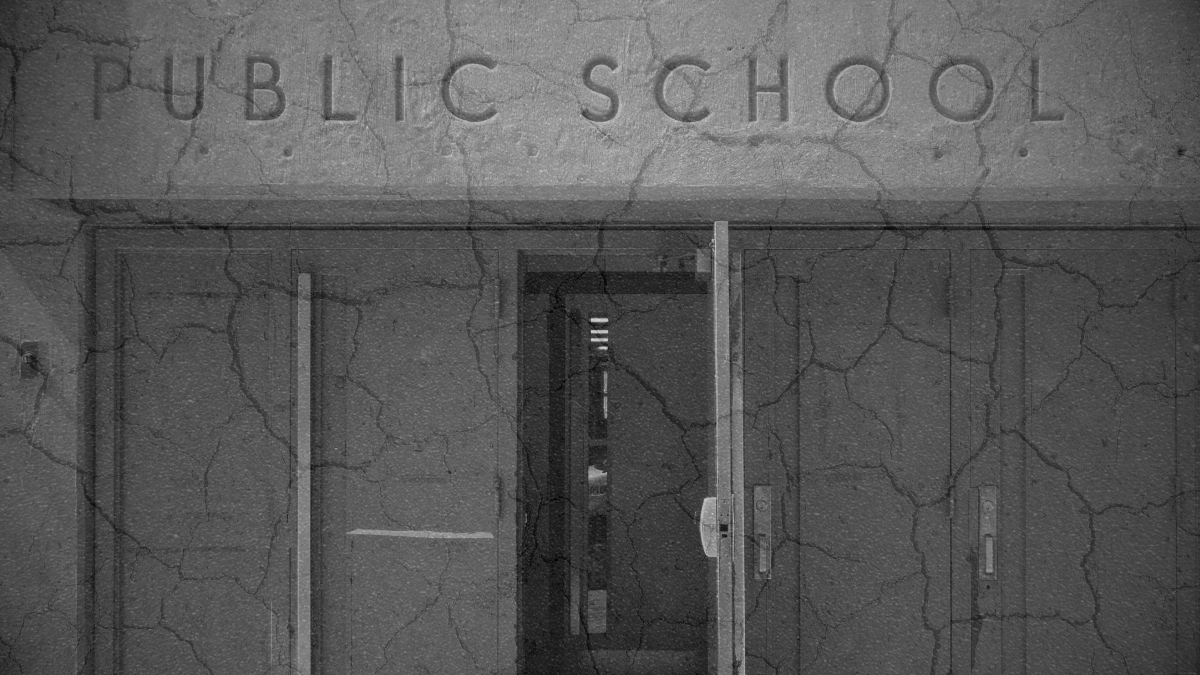Source: WRAL
North Carolina’s two-year budget was passed last year after months of Republican delays – and without Gov. Roy Cooper’s signature – but the legislature is now back for this year’s “short session,” which will give lawmakers the chance to tinker with the budget.
Now that the state is expected to have a $1 billion budget surplus in the fiscal year that begins in July, there will be an opportunity for legislators to fund more than what was planned for in last year’s budget.
Cooper, who is in his second term as governor and cannot run again, knows the reality of the situation (Republicans have a legislative supermajority) but also knows there’s no sense in pulling any punches when it comes to voicing the needs of everyday North Carolinians and pointing out the harm that will be caused by the policies the NCGOP is prioritizing.
“They can choose desperately needed investments to educate our children and our workforce, along with tax cuts for the middle class and small businesses, or they can choose tax giveaways for corporations and the wealthy and keep robbing taxpayer money from public schools to fund private school vouchers,” Cooper said of the state’s Republican-controlled legislature.
Given the option between those two vastly different paths, Republicans have gleefully chosen the course of action that will do the most harm to North Carolinians.
Last year, Republicans lifted the income eligibility cap on the state’s private school voucher program, known as the Opportunity Scholarship program, meaning that even wealthy families can now be refunded (with taxpayer dollars) for tuition paid to private schools. Previously, only children from certain income levels could use the vouchers.
The program ran out of money before paying out to all income levels, but Republican House Speaker Tim Moore said previously that GOP lawmakers plan to add $300 million in funding for the program. Republican Senate leader Phil Berger said he wants the program to be fully funded.
“Whether intentional or not, the Republican legislature is trying to choke the life out of public schools and then accuse them of failing while they gasp for breath,” Cooper said.
Cooper’s budget called for:
- At least 5% raises for all state government workers, including non-certified staff at public schools, as well as retention bonuses for state workers due to the massive vacancy rate at state agencies.
- An 8.5% raise for teachers, plus a $1,500 retention bonus. If this were implemented, it would raise the state’s starting teacher pay to first in the Southeast. North Carolina currently ranks 46th nationally in beginning teacher pay.
- Spending $745 million on child care and early education, including an additional year of child stabilization grants.
- A $2.5 billion general obligation bond to be put on the ballot in November that would pay for the construction of around 90 new elementary and middle schools.
- Reduced taxes on small businesses, higher weekly benefits for the unemployed and an increase in the maximum duration of benefits during a recession.
“We won’t stay first in business if we become last in education,” said Cooper.
Berger told WRAL that Republicans may be willing to address some of Cooper’s proposals.
“I would say that there may be some things there that we can work with,” he said. “There are probably a lot of things that we won’t be able to work with. We are going to, I anticipate, work on budget adjustments that will keep us within a growth factor that recognizes population growth and inflation. In order to do that, I don’t know that we can go as far as what the governor is talking about.”
Cooper said Republicans have a choice to make with their spending – one road will lead to continued growth and the other will lead to stagnation for everyone except the wealthy.
“We should choose the right direction that secures a future for the third-fastest growing state in the country, a state that is on target to become the seventh-most populous state in less than a decade,” Cooper said. “We are at a crossroads. One path prioritizes giveaways to the wealthy over the well-being of our state. The other secures a future of success for everyone.”





